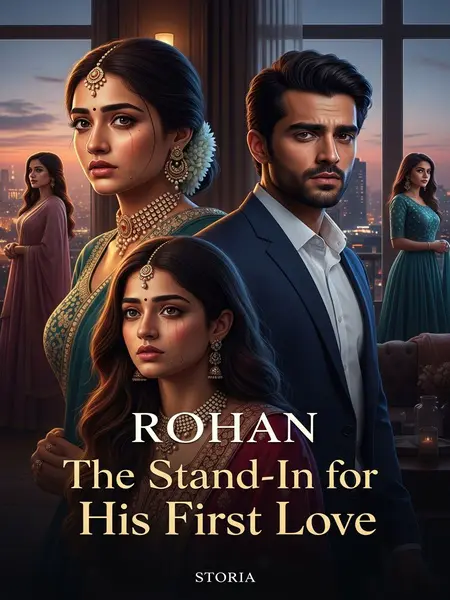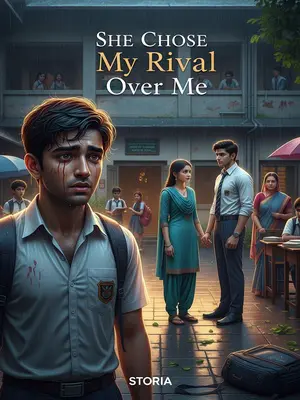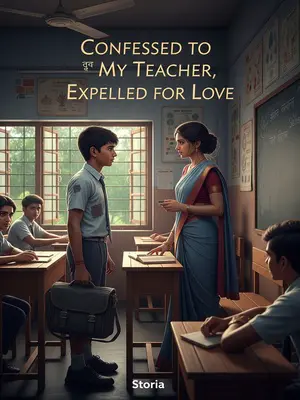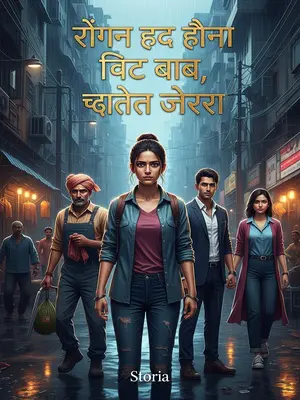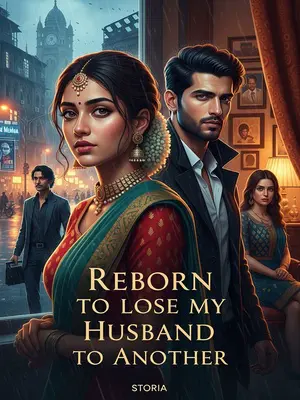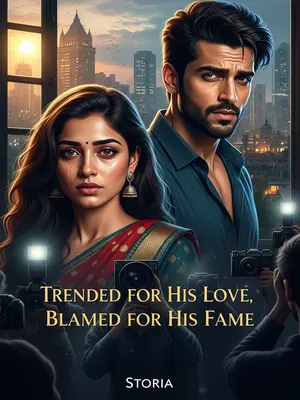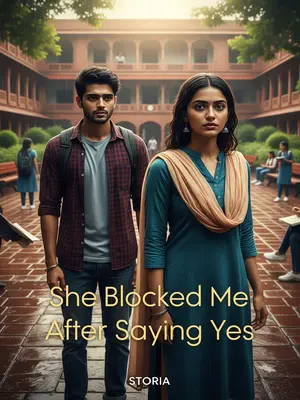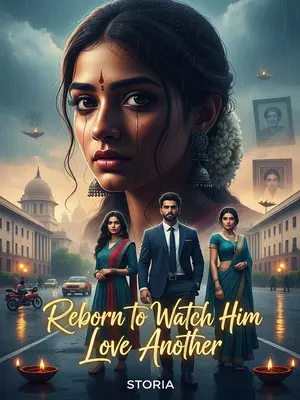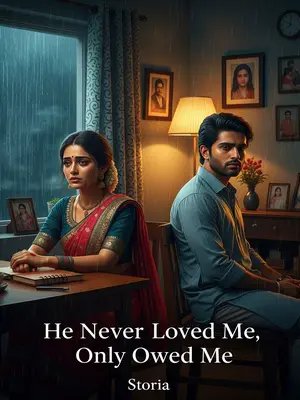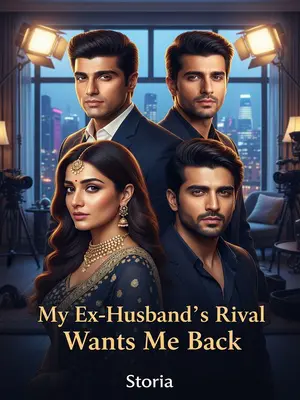Chapter 4: Drawing Lines
Most people lost that bet. Kunal ended up treating everyone to biryani at Karim’s. “I thought she’d last ten days, max,” he grumbled, though I caught a glint of respect in his eyes. Someone whispered, “This one’s different, yaar.”
Unexpectedly, Rohan and I fit together well. Our rhythm was easy, like Delhi traffic after the evening rush. He was never overbearing, never distant. I found myself looking forward to his texts, his voice notes full of silly jokes and random trivia.
His friends noticed. They started inviting me out for Holi parties and movie nights. For the first time, I felt like I belonged—not just to Rohan, but to his world.
He rarely took the initiative, but with me, he visited every day for lunch or dinner. Once, when I was busy, he waited outside my college gate for over half an hour. I felt bad and tugged his sleeve: “Your boyfriend wants to eat at the canteen.”
He grinned, sunglasses hanging from his collar. “Arrey, don’t take tension. Let’s eat that rajma chawal in the mess. Haven’t had it in years.”
His question was simple, but there was vulnerability there. The Malhotra heir, asking me if it was okay to eat with me in a noisy canteen, as if seeking permission to shed his fancy persona.
His family always had home-cooked meals, elaborate spreads in silver thalis. He’d never queued up for watery chai or stale samosas before.
His pride was part of his charm. But with me, he let it drop. Sitting on a plastic chair, sharing a plate of poha, he seemed almost…ordinary. I loved him for that.
We never broke up, and our relationship was so good it surprised people. In our third month together, he moved near my college in Lajpat Nagar, found a 2BHK just two lanes from the market, insisting it was for convenience. My friends teased me, but I didn’t care. It was nice having him close.
We spent more time together. He set up a home theatre in his flat. In our free time, we’d snuggle on the sofa and watch movies. I brought over homemade popcorn in old Tupperware boxes, and we’d argue over which Netflix series to binge. Sometimes, we’d pause the movie just to talk, the world outside shrinking to nothing.
He wasn’t really interested in these things, but I liked them. Every time, he patiently watched with me from beginning to end. When I really liked a movie, he’d even take notes and write reviews. I teased him about his neat handwriting, the way he underlined sentences and drew little stars in the margins. He pretended to be annoyed, but I caught him smiling when he thought I wasn’t looking.
His grandfather was a famous painter. Sometimes, I’d come over and find him lost in a sketch, charcoal smudges on his fingers. The walls of his flat were covered in his work—Delhi streets, a portrait of his mother, the silhouette of India Gate at dusk.
Sometimes, he drew me. He’d sit me down, fussing with the light. “Stop fidgeting, Meera!” he’d scold, but his eyes were gentle.
One drawing left a deep impression—a girl under a banyan tree, holding books, a bright smile. I recognized it: the first day we met, outside the library. The banyan tree, my dupatta slipping, hope and nervousness in my face. He’d caught everything.
But I always wanted to ask: Back then, when we’d just met and I was still reserved, how could I have smiled so brightly? Was it wishful thinking, or had I really looked so happy?
Later, one night—the monsoon rain drummed against the windows. I was hunched over my laptop, frustrated. He slid in beside me, patient, his fingers tracing lazy circles on my waist. The world shrank to just us. “Arey, it’s not rocket science. Just think about it this way…”
I suddenly understood, then hugged him in surprise. He looked at me, gaze deepening, finally leaning in, his lips cool against my cheek.
He hesitated, just for a moment, then pulled me close. The room was thick with sandalwood and promise. He was nervous, but looked casual, gripping my hand: “Meera.”
I pressed my forehead to his, feeling strangely safe. Halfway through, he murmured about that drawing: “When we first met, you stood there, and I really wanted to capture it.”
His words were soft. “You looked like you belonged here—like this city was yours.”
I laughed, kissed his neck. “Did you do this with your previous girlfriends too?” The question was half-joke, half-fear. Was I special, or just another in the line?
He pulled me closer, lips brushing my ear. “Go and ask, na. Who else got to see this side of me?”
He grinned, but there was something raw in his eyes—a truth he wasn’t ready to say aloud. Ambiguity flowed between us. Later, I couldn’t laugh anymore, crying softly in his arms.
Afterwards, as the fan hummed and the room smelled of sandalwood, I buried my face in his chest and cried. I didn’t even know why—relief, happiness, fear, all tangled together. He stroked my hair, whispering nonsense until I drifted off.
September in Delhi, autumn breezes, videos of tourists offering flowers at temples everywhere online. I pestered him to go with me. Durga Puja pandals were up all over CR Park, Instagram full of reels of people offering pushpanjali. “Let’s go, na,” I begged. “I want to see the lights, the crowds, everything.”
He stayed up several nights, finished his work, and set aside a day just for me. Along the winding path up the hill, he held my hand up hundreds of stone steps, watching my every move, afraid I’d miss a step. “Careful, Meera! If you fall, I’ll get scolded by your mummy.”
But after leaving him, I thought: In life, who never stumbles? Later, when everything fell apart, I remembered that day—how sure I’d been that nothing could go wrong. How wrong I was.
